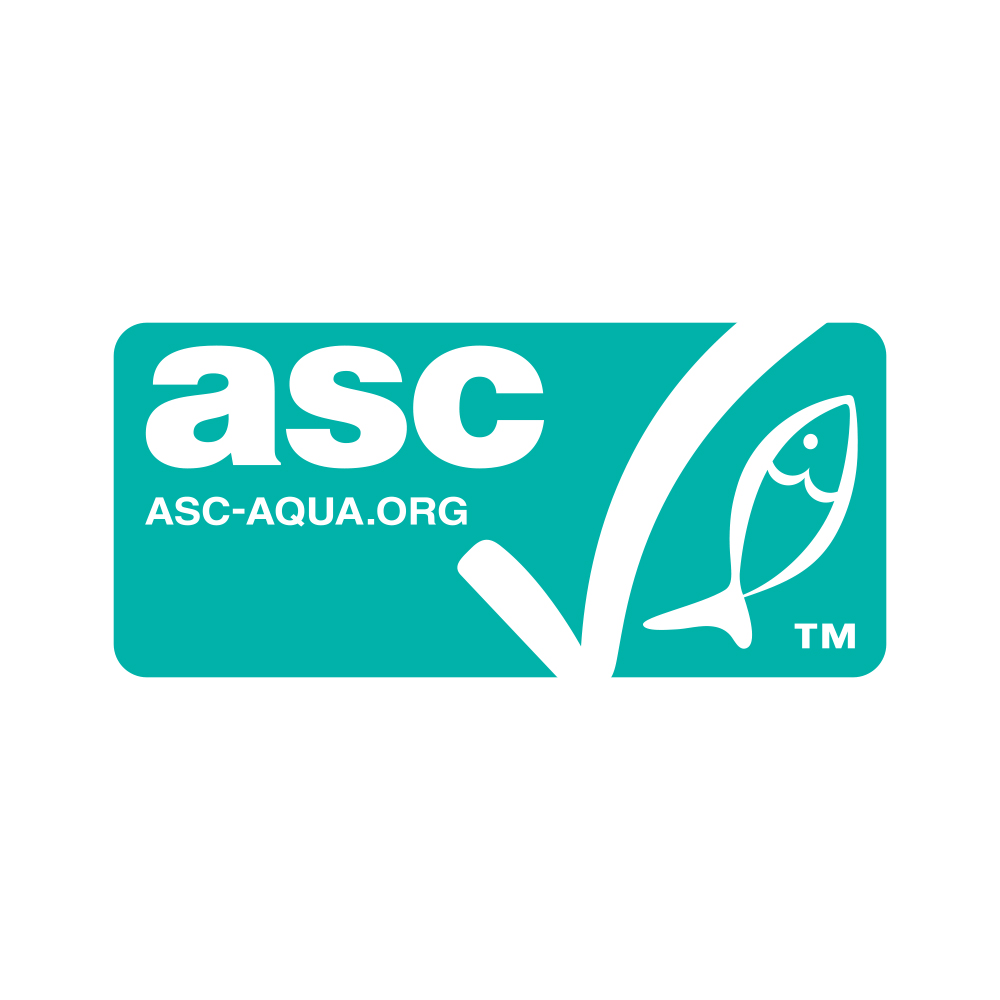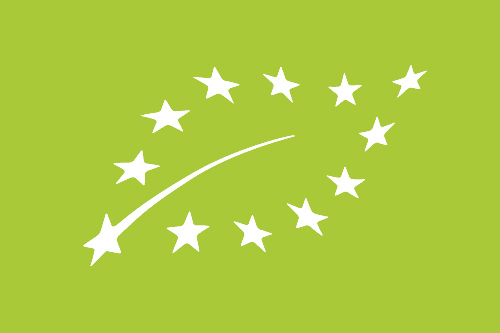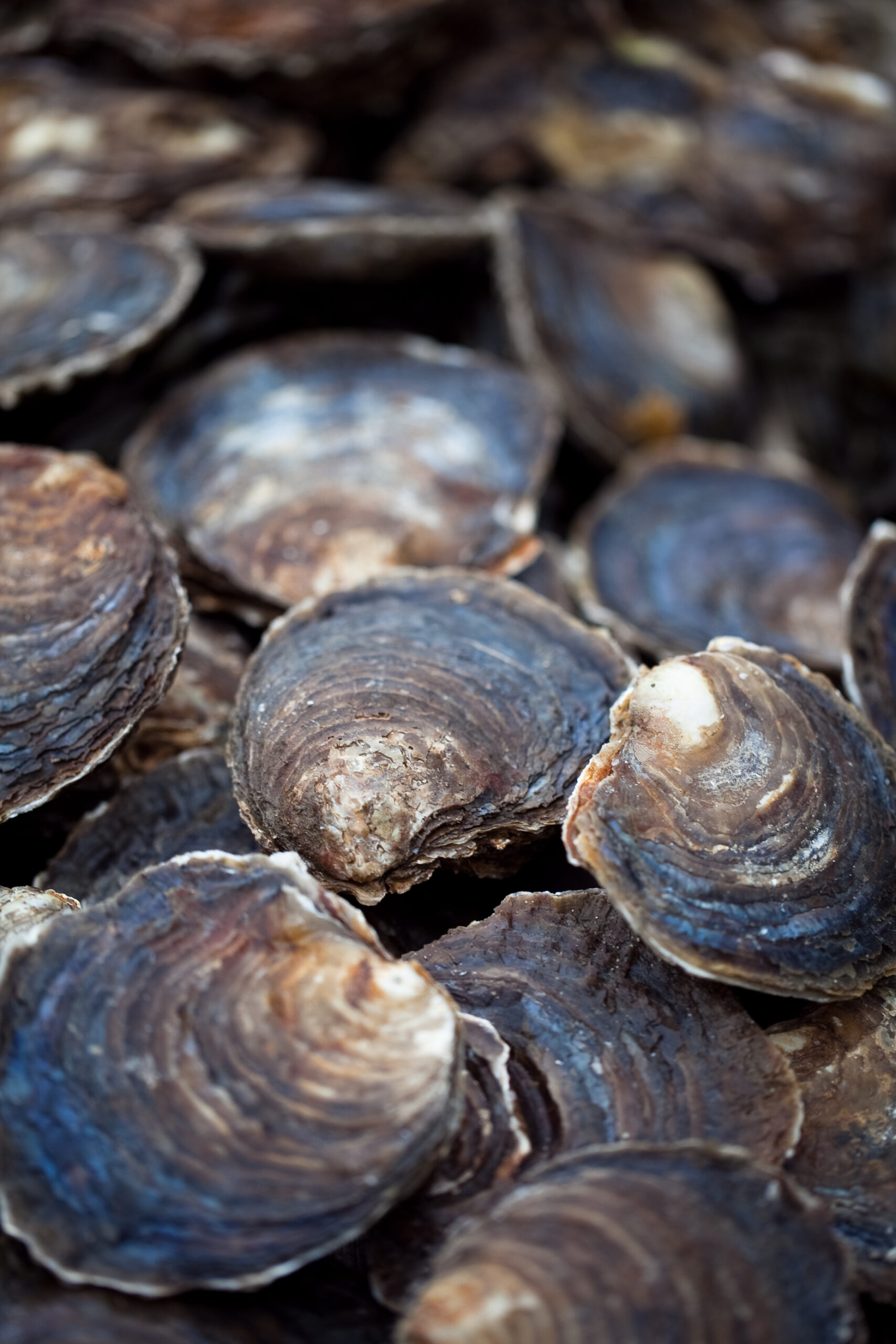Our mission is to leave the sea better and healthier than we found it for the next generation. We do that together with our seafarmers. Our seafarmers can be found around the world. We see them as part of our family and know them personally. Together we believe in the same sustainable future the sea can offer and are on the path to minimise our ecological footprint.
A significant amount of our Premier products are sustainable themselves and help filter the sea. In areas our mussels and oysters are sown and and cultivated, we see ecosystems flourish.

An MSC certificate is awarded to a product when it meets the guidelines established by the Marine Stewardship Council (MSC). Fishers or farmers can choose to have their products certified, provided they comply with all sustainability and responsible management requirements. For fish or shrimp, this certification process is sometimes simpler than for shellfish, but in principle, all mussel and oyster farmers can meet the MSC criteria.
Ultimately, it is the fisher's or farmer's choice to pursue the certification. This decision is often tied to the market in which the product is sold and the impact the label has on sales. An MSC certificate guarantees that a product meets all sustainability standards and that the entire supply chain is certified.
However, if a product does not carry an MSC certificate, this does not automatically mean that it fails to meet the required standards. Often, it is a strategic decision by the fisher or farmer whether to apply for the certificate, depending on market demand and other circumstances.


An ASC certificate is awarded to products that meet the guidelines of the Aquaculture Stewardship Council (ASC). Simply put, if a farmer of fish or shellfish operates sustainably and responsibly, they can choose to apply for an ASC certificate. This certificate represents farming methods that respect the environment and promote good social conditions. For farmed fish and shrimp, such certification is more common, but mussel and oyster farmers can also meet the ASC requirements if they wish.
Whether a farmer applies for the ASC certificate often depends on where the product is sold and whether having a certificate could influence sales. An ASC certificate provides consumers with the assurance that they are purchasing a product that has been responsibly farmed, with respect for both nature and the people involved in the process. The certificate also guarantees that the entire supply chain, from the farm to the final product, is certified according to ASC standards.
Not having an ASC certificate does not automatically mean that a product is not sustainable. Sometimes, farmers simply choose not to apply for certification, for example, because it is not necessary for their market or because they want to avoid the certification costs


Skal Biocontrole oversees organic production in the Netherlands. They ensure that products sold as organic comply with the European regulations for organic production. Companies that wish to produce or process under the organic label can apply for a certificate through Skal. This certificate guarantees that the products are produced according to organic standards, with respect for the environment, animal welfare, and sustainability, as established by the European Union.
A number of our products carry an organic label, which means they are certified according to Skal Biocontrole’s standards. This label can be awarded to the production of oysters and mussels, for instance, with the entire supply chain eligible for certification. The choice to apply for an organic label lies with the farmer or processor and is often dependent on market demand. This means that a shellfish product without an organic label can still meet the same high standards, even if a comparable product is certified.
So, what is the difference between ASC and the organic label? ASC focuses on sustainable aquaculture, emphasizing the impact on the environment and social conditions. It ensures that farming is done responsibly, with minimal harm to nature. The organic label, on the other hand, places more emphasis on natural farming methods, avoiding chemical pesticides. Both labels guarantee sustainable farming but from different perspectives and according to their own standards. Then there’s also the BAP label. This is not much different from ASC or the organic label. It also addresses the sustainability of the supply chain and provides a guarantee of this to the consumer through its certification. However, it’s worth noting that the choice of label is ultimately up to the producer. Sometimes, opting for a specific label is better suited to the market the product is targeting, and it doesn’t necessarily reflect differences between the products themselves.



A product without a certification does not necessarily mean that it fails to meet certain sustainability or quality standards. Fishers or farmers may choose not to apply for certification, even if their methods are responsible and environmentally friendly. This can be due to various factors, such as the costs and complexity of the certification process or simply the markets in which the product is sold, where the demand for certified products may be lower. The standard for all our products is always monitored by Premier’s own quality control processes. This applies not only to production and product quality but also to imported goods. These quality processes already provide assurance of a reliable product.
However, the absence of certification does not offer the same level of transparency and oversight as a product with certification. Certifications like MSC or ASC provide consumers with the assurance that the products meet specific standards and that the entire supply chain has been audited. Without certification, that guarantee is absent, although the fisher or farmer may still operate in a sustainable and responsible manner.
Ultimately, it is the producer's choice whether to apply for certification, based on their own situation and market demand.
